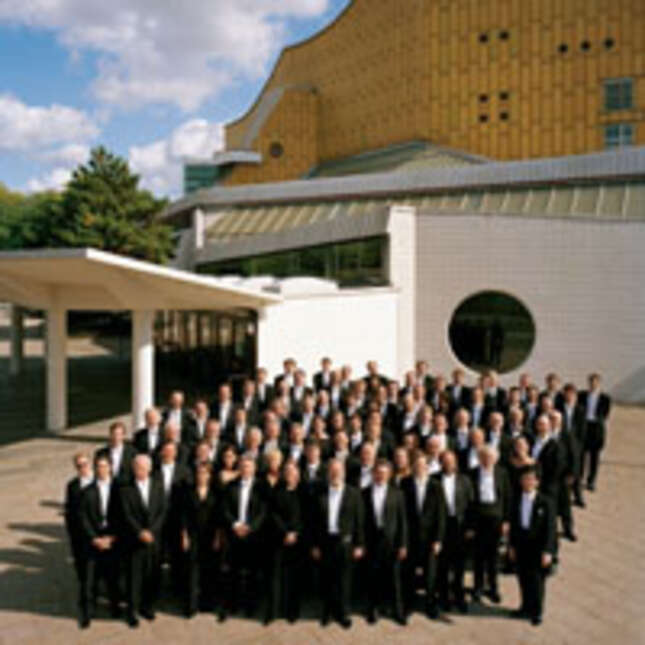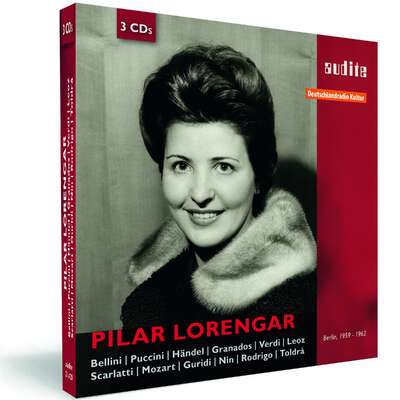
Berliner Philharmoniker
BeginningsIn spring 1882 Benjamin Bilse announced plans to take his already underpaid orchestra to Warsaw travelling fourth class. 50 of his musicians reached breaking point. Calling themselves the
Biography
Beginnings
In spring 1882 Benjamin Bilse announced plans to take his already underpaid orchestra to Warsaw travelling fourth class. 50 of his musicians reached breaking point. Calling themselves the “former Bilse Kapelle”, they declared their independence. Right from the start the young ensemble received administrative support from the Berlin concert agent Hermann Wolff. On his advice, the group changed its name to “Berliner Philharmonisches Orchester”. In search of a suitable concert hall, Wolff turned a renovated roller-skating rink into the first “Philharmonie”; he organized subscription concerts and sought out the best conductor at the time for his musicians.
The great orchestral trainers
Hans von Bülow had already turned the Meiningen Court Orchestra into a first-class ensemble when he took over the Berliner Philharmoniker. In only five years at the helm he laid the foundation of the special musical qualities that were to become inseparably linked with the orchestra’s name. Bülow’s successors, on the other hand, came to stay. Arthur Nikisch, who took up his post in 1895, went on to influence the orchestra’s style decisively for the next 27 years. Nikisch once claimed that, “each and every member of a first class orchestra has earned the title of ‘artist’”, and with this credo he gave the Berliner Phiharmoniker the virtuosity and self confidence that have become the orchestra’s hallmark.
If Bülow’s interpretations tended towards a somewhat analytical brilliance, Nikisch’s performances were full of sustained splendour and rich, warm sonorities, which he achieved with the most economical gestures, and by a rhapsodic, almost improvisatory breadth. So it is unsurprising that the cornerstones of his repertoire were Tchaikovsky, Berlioz, Liszt, Strauss, and Mahler along with a special devotion to Bruckner. Under his leadership the orchestra attained its international stature, and major soloists flocked to Berlin to appear with the Philharmoniker.
When Nikisch died in 1922, Wilhelm Furtwängler became his successor. The young conductor built on Nikisch’s achievements. His idiosyncratic beat and impassioned music-making demanded an extremely high level of autonomy and sensitivity from the musicians. He and his Berlin orchestra became legendary interpreters of Beethoven, Brahms and Bruckner. At the same time Furtwängler expanded the repertoire to include contemporary pieces by Schoenberg, Hindemith, Prokofiev and Stravinsky. Through tours abroad, the Philharmoniker established their international reputation as one of the finest orchestras in the world.
The turmoil of war
The National Socialist dictatorship and the war did irreparable damage to the German cultural landscape – and with it the Berliner Philharmoniker. The regime’s maniacal racial policy led to the loss of valuable musicians, and the orchestra was isolated from the international exchange of soloists and conductors. At the same time, the National Socialists turned Germany’s representative ensemble into an instrument of official cultural politics. Nevertheless Furtwängler and the orchestra managed to carry the ensemble’s artistic substance through the war.
On 26 May 1945 the Philharmoniker gave their first post-war concert under Leo Borchard. The performance took place at the Titania Palast, a converted cinema. In August, Borchard was mistakenly shot by an occupying soldier, and an unknown young conductor, the Rumanian Sergiu Celibidache, was appointed – more or less fresh from the music academy. The orchestra’s choice proved prescient. Celibidache’s passionate temperament and wide-ranging programming were inspirational. Wilhelm Furtwängler was not allowed to direct the Philharmoniker again until after his denazification in 1947. He resumed leadership of the orchestra in 1952.
The Karajan era
Wilhelm Furtwängler died in November 1954. In the following year, Herbert von Karajan took over as principal conductor. He would remain with the ensemble longer than any other conductor to date. He worked with the orchestra to cultivate a specific sound, an unprecedented perfection and virtuosity which laid the groundwork for its national and international successes – both in the concert hall and on countless recordings. Moreover, Karajan expanded the ensemble’s activities in a number of new directions. With the founding of the Salzburg Easter Festival in 1967, the orchestra gained its own major international festival and an opportunity to make its mark in operatic circles. The founding of the Orchester-Akademie der Berliner Philharmoniker, in which young and talented instrumentalists are prepared to meet the stringent demands of a top-flight orchestra through practical experience, provided yet more room for development. The new Philharmonie was also constructed during the Karajan era – the orchestra has made its home in the concert hall designed by Hans Scharoun since October 1963, and a chamber music hall was added in 1987.
A new note – Claudio Abbado
Herbert von Karajan died in July 1989, after nearly 35 years as the orchestra’s artistic director. His successor was a familiar face. Claudio Abbado conducted the Philharmoniker for the first time in 1966 and had earned the musicians’ highest esteem in the intervening years. He is not an orchestral trainer in the manner of his predecessors. Abbado leads through the sheer force of his conviction and his artistic presence.
Abbado’s programmes brought a pronounced shift in emphasis. Each cycle of concerts was given a thematic focus – for example, “Faust” or “The Wanderer” or “Music is Fun for All”. This conceptual modernization corresponded to a significant rejuvenation of the Philharmoniker themselves. Well over half of the current membership joined the orchestra during this time. In February 1998 Claudio Abbado announced that he would not renew his contract beyond the 2001-2002 season, and in June of the following year the Berliner Philharmoniker elected a new chief conductor.
Zukunft@BPhil – The future: Sir Simon Rattle
With Sir Simon Rattle’s appointment, the orchestra not only succeeded in recruiting one of the most talented conductors of the younger generation, but also in introducing a series of important innovations. The conversion of the orchestra into the “Stiftung Berliner Philharmoniker” under public law has provided up-to-date structural conditions that allow a broad range of opportunities for creative development, while ensuring the ensemble’s economic viability. The foundation enjoys the generous support of Deutsche Bank, its principal sponsor.
One focus of this sponsorship is the education programme Zukunft@BPhil, which was brought to life when Sir Simon Rattle assumed office, and through which the orchestra addresses a broad public – young people in particular. Sir Simon Rattle has summed up his intentions as follows: “Zukunft@BPhil reminds us that music is no mere luxury, but instead a fundamental need. Music must be a vital and essential element in the life of each individual.” Within the long history of the Berliner Philharmoniker – now 126 years – this signifies an important expansion of the orchestra’s cultural mission, one to which it commits itself with a characteristic unswerving dedication.
In recognition of this commitment, the Berliner Philharmoniker and its artistic director Sir Simon Rattle were named international UNICEF Goodwill Ambassadors, the first time this distinction has ever been bestowed upon an artistic ensemble. The formal appointment ceremony took place in New York in November 2007 before a presentation of the Rite of Spring dance project at the United Palace Theatre in Harlem – part of Carnegie Hall’s “Berlin in Lights” Festival, which featured a ten-day residency of the Berliner Philharmoniker.


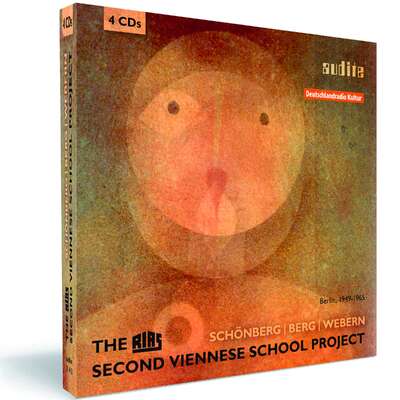
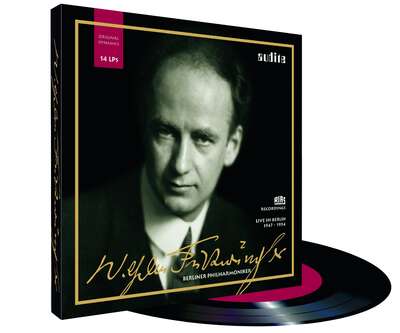
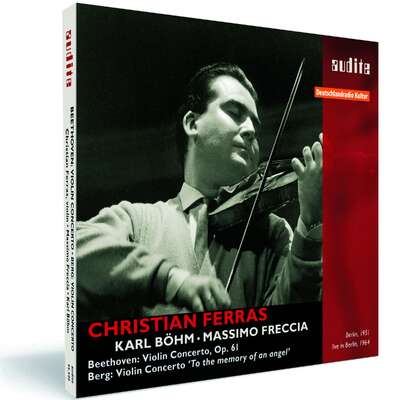
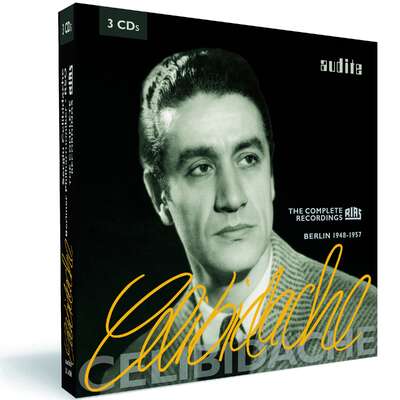
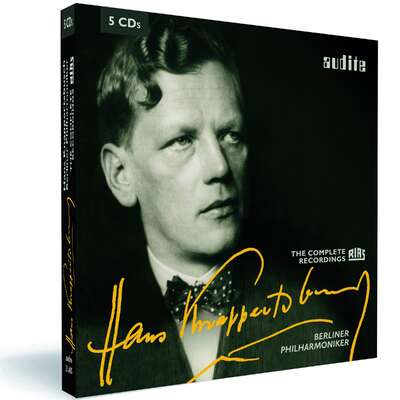
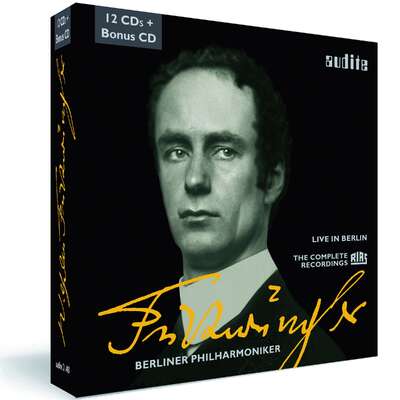

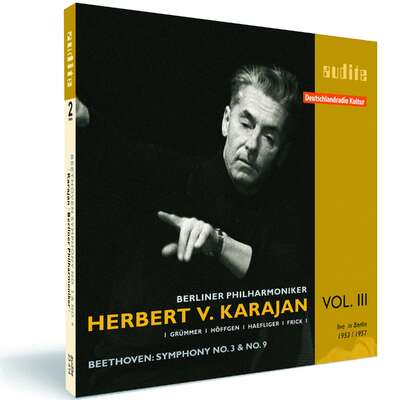
Künstlerkontakte
- Berliner Philharmoniker | Germany
company Berliner Philharmoniker Ansprechpartner Address Herbert-von-Karajan Straße 1, 10785 Berlin country Germany telephone +49 / (0)30 / 254 88-0
Weblinks
Berliner Philharmoniker | orchestra


Sergiu Celibidache: The Berlin recordings
Felix Mendelssohn 13CD
The RIAS Second Viennese School Project
Arnold Schoenberg 4CD
Edition Wilhelm Furtwängler – RIAS recordings with the Berlin Philharmonic on 14 LPs
Ludwig van Beethoven 14LP-180g
Christian Ferras plays Beethoven and Berg Violin Concertos
Ludwig van Beethoven CD
Edition Sergiu Celibidache | The complete RIAS recordings
George Gershwin 3CD
Edition Hans Knappertsbusch & Berliner Philharmoniker – The complete RIAS recordings
Anton Bruckner 5CD
Edition Wilhelm Furtwängler – The complete RIAS recordings
Ludwig van Beethoven 13CD
Edition von Karajan (II) – W. A. Mozart: Piano Concerto No. 20 & Symphony No. 41 ‘Jupiter Symphony’
Wolfgang Amadeus Mozart CD
